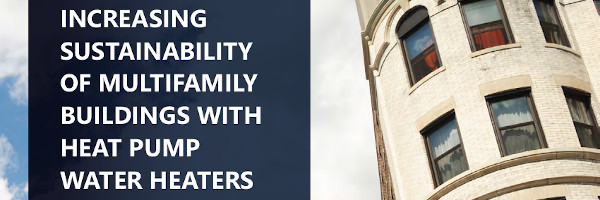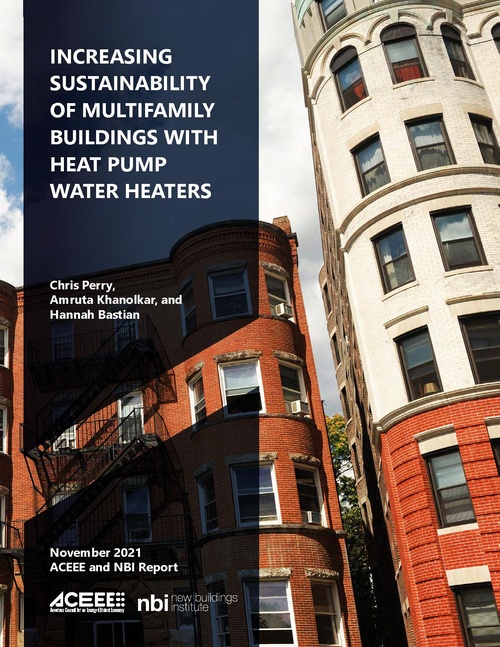Efficient Electric Water Heating Report: Difference between revisions
Jump to navigation
Jump to search
Created page with "{{News |Image=WaterHeating.jpg |Published=2021-11-18 |Organization=New Building Institute, American Council for an Energy-Efficient Economy |Where=Washington DC |Summary=This..." |
No edit summary |
||
| (One intermediate revision by the same user not shown) | |||
| Line 1: | Line 1: | ||
{{ | {{Report | ||
|Image=WaterHeating.jpg | |Image=WaterHeating.jpg | ||
|Published=2021-11-18 | |Published=2021-11-18 | ||
|Organization=New Building Institute, American Council for an Energy-Efficient Economy | |Organization=New Building Institute, American Council for an Energy-Efficient Economy | ||
|Where=Washington DC | |Where=Washington DC | ||
|Summary=This report analyzes the economics and potential benefits of replacing fossil fuel water heaters with | |Summary=This report analyzes the economics and potential benefits of replacing fossil fuel water heaters with heat pump water heaters in multifamily buildings. | ||
|Link=https://www.aceee.org/research-report/b2101 | |Link=https://www.aceee.org/research-report/b2101 | ||
|Display=Yes | |Display=Yes | ||
|Release=IncreasingSustainabilityofMultifamily.pdf | |Release=IncreasingSustainabilityofMultifamily.pdf | ||
}} | }} | ||
Our analysis found that these retrofits could potentially save 175 trillion BTUs per year, eliminate 6.5 million metric tons of GHG emissions, and provide 3.5 terawatt hours of potential load-shifting benefits to the electric grid. This report also describes existing and emerging heat pump water heater technologies for multifamily buildings, outlines supportive policies and utility programs, and provides recommendations for increasing the adoption of heat pump water heaters in multifamily buildings. | |||
Latest revision as of 23:01, October 3, 2022
| Report | |
|---|---|
| Image | 
|
| Published | 2021-11-18 |
| Point(s) of Contact | |
| Organization(s) | New Building Institute American Council for an Energy-Efficient Economy |
| Where | Washington DC |

| |
This report analyzes the economics and potential benefits of replacing fossil fuel water heaters with heat pump water heaters in multifamily buildings.
Our analysis found that these retrofits could potentially save 175 trillion BTUs per year, eliminate 6.5 million metric tons of GHG emissions, and provide 3.5 terawatt hours of potential load-shifting benefits to the electric grid. This report also describes existing and emerging heat pump water heater technologies for multifamily buildings, outlines supportive policies and utility programs, and provides recommendations for increasing the adoption of heat pump water heaters in multifamily buildings.